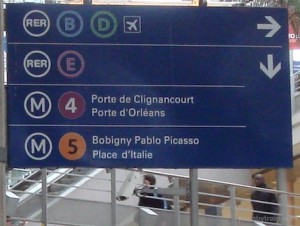
I am excited to announce the upcoming launch of my new podcast! Tentatively entitled the World to the Wise podcast, in keeping with the name of our company, we will explore new perspectives on culture, including language learning, as well as listen to compelling stories from fascinating people. One such person is Dr. Ming Wang, whom I had the pleasure of meeting a few years ago as a guest panelist at the Tennessee Chinese Chamber of Commerce, which Dr. Wang founded. He was one of the first people I contacted for an interview as I was setting about recording a handful of podcast episodes before we launch. He graciously accepted and we set a date. Just a few days later, I noticed online that his new autobiography, From Darkness to Sight: A Journey from Hardship to Healing, had just come out. I had to read it before the interview! So we postponed the interview and my wife and I are devouring his fascinating story.
You'll be hearing a good deal more about my interview with Dr. Wang, but here is one central theme for starters: throughout his incredible journey from the poverty and oppression of the Cultural Revolution in Mao's China to his astounding success, first as a student and then as an eye surgeon in the United States, his first thought was to bring honor to his family.
In fact, in China and other Eastern cultures, the family name actually comes first. He would be called Wang Ming-xu if he still lived there. (He dropped the "xu" part upon arrival in the US.) I would be called Durham David. The family entity takes priority over the individual identity of the family member. At every milestone on his way to becoming an internationally renowned physician and surgeon, Ming thought of making his family proud. Of honoring the family name.
I can't wait for you to hear more of the story of this remarkable man. Stories of overcoming enormous obstacles, of the gentle encouragement of two devoted parents, of record-setting success against all odds, of facing racial discrimination and prejudice in the Land of the Free, and of a generosity of spirit that is an example to many.

Stay tuned. And in the meantime, you can order Dr. Wang's compelling autobiography From Darkness to Sight: A Journey from Hardship to Healing for an inspiring read.


